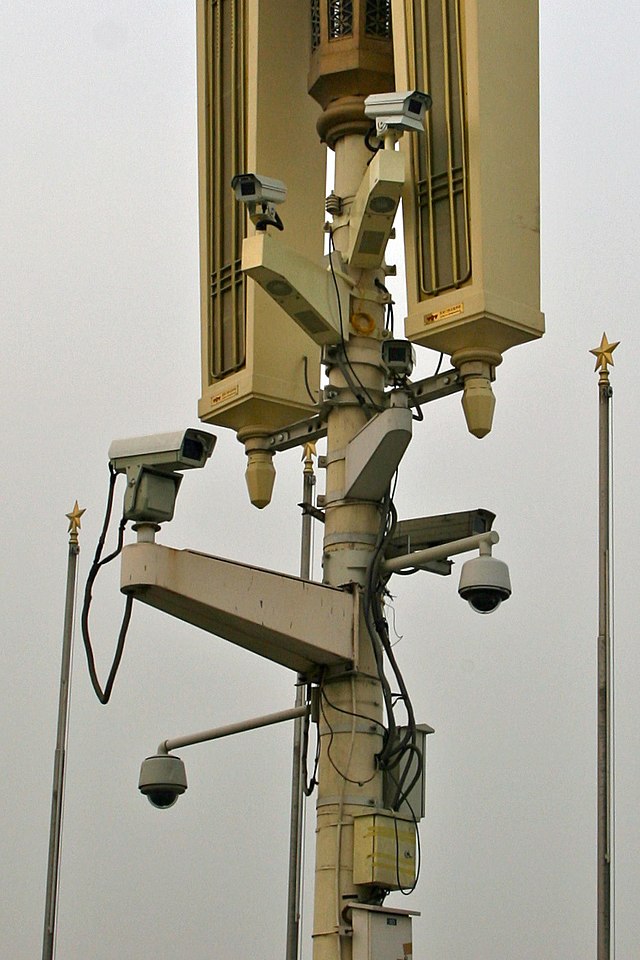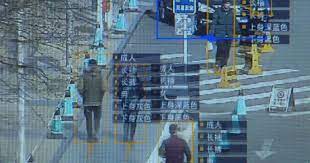Mass surveillance in China is a pervasive and controversial issue that has been heavily criticized by human rights organizations and activists. The Chinese government has been using advanced technology, including facial recognition, biometrics, and artificial intelligence, to monitor and control its citizens’ activities, both online and offline.
The Chinese government has implemented a social credit system, which assigns citizens a score based on their behavior, including their online activity, financial history, and social interactions. Citizens with low scores may face various penalties, such as being denied access to travel or certain job opportunities.
In addition to the social credit system, the Chinese government has also been using facial recognition technology to monitor and track individuals’ movements, particularly in public spaces. This technology is used extensively in Xinjiang, where the government has been accused of using it to target and persecute the Uyghur Muslim minority.
The Chinese government has also been accused of monitoring and censoring online activity. The Great Firewall of China, a system of internet censorship, blocks access to foreign websites and censors content deemed sensitive or critical of the government.
Critics argue that mass surveillance in China violates citizens’ privacy and freedom of speech, and enables the government to maintain control over the population. However, supporters of the system argue that it is necessary for maintaining social stability and preventing crime.
Overall, the issue of mass surveillance in China remains a highly contentious and complex topic, with implications for both individual freedoms and the future of governance in the country.




